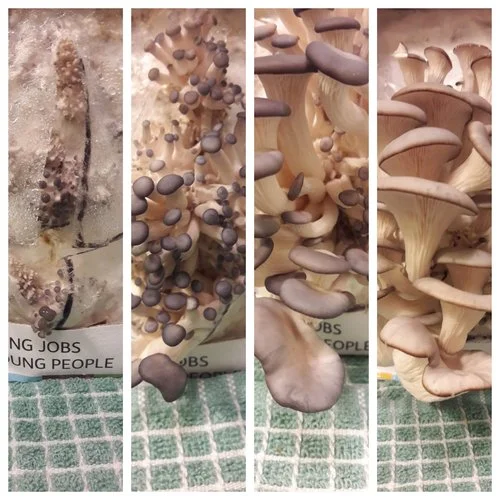Erinaceous means hedgehog like. So if you want to say that someone looks like a hedgehog without them knowing (something I’m sure we’ve all experienced), this is the word for you.
Now, you’d think the origins of the word ‘hedgehog’ would be simple – it’s got a hog-like nose, and it lives in hedges. And for the most part, the various dictionaries and etymology sites I looked at agree with this. But there’s one person who’s convinced that this is a fallacy (and is also a bit cross about it). According to this article, the word for hedgehog in other languages is too similar for it to have come about this way. I quote:
‘So we’re looking at a situation where … English suddenly independently invented a word that happens to sound almost exactly like the Slavic words for the same animal, as well as the shared Proto-Indo-European root to boot … The odds of that are insane.’
I enjoy the phrase ‘root to boot’.
The collective noun for a group of hedgehogs is an array. But this is basically pointless as, apart from when it’s time for a bit of how’s-your-father, hedgehogs spend most of their time on their own. Just in case that’s made you sad, here’s a video of some hedgehogs being ridiculously cute.
In the interests of balance, because hedgehogs are wild animals and we should be looking after them better, here’s some info on what you can do to help them.
In 2009, a comedian called Dan Antopolski won the prize for the funniest joke at that year’s Edinburgh Fringe with a hedgehog-related one-liner. He beat comedy gods like Sarah Millican, Jack Whitehall, Adam Hills and Rhod Gilbert. So it must be good, right?
Wait for it...
‘Hedgehogs. Why can’t they just share the hedge?’
Hmmm.


